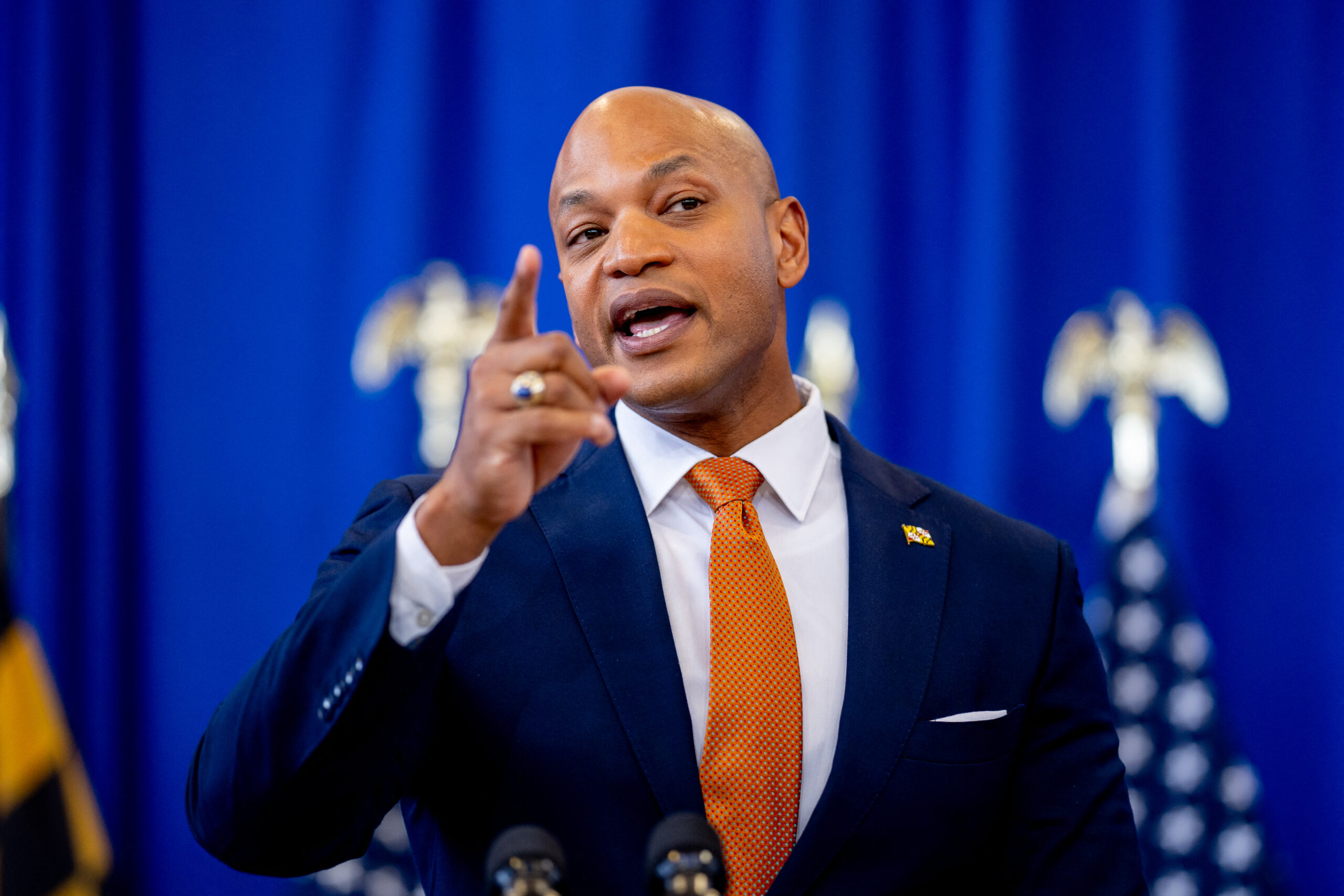Maryland governor to pardon 175,000 marijuana convictions–report

Maryland Gov. Wes Moore FILE PHOTO/Agence France-Presse
WASHINGTON — Maryland’s governor will issue a mass pardon of drug offenses, US media reported Sunday, in a far-reaching move forgiving 175,000 low-level marijuana convictions across multiple decades.
The Washington Post, which reported the story, called it one of the country’s most sweeping acts of clemency involving a drug that is now in broad recreational use, and noted the action is aimed at addressing social and economic injustice disproportionately impacting Black people.
Democrat Wes Moore, the eastern US state’s first Black governor, told the Post he intends to “right a lot of historical wrongs” by signing the pardon order, set to be implemented early Monday.
READ: ‘Reborn with cannabis’: Legal high helps revitalize U.S. cities
He said the scope of the pardons — affecting some 100,000 people — amounted to “the most far-reaching and aggressive” executive action nationwide by officials looking to erase criminal justice inequities as more states ease marijuana laws.
Article continues after this advertisementAfter a state-wide referendum, Maryland legalized cannabis for adults and retail sales of the drug in 2023.
Article continues after this advertisement“If you want to be able to create inclusive economic growth, it means you have to start removing these barriers that continue to disproportionately sit on communities of color,” Moore told the Post.
READ: Where is medical marijuana legalized?
He added that criminal records have been used to deny people employment, education and housing long after they have served their sentences.
Maryland Attorney General Anthony Brown said the pardons will extend to anyone with a misdemeanor conviction for possession of marijuana or paraphernalia, telling the Post it “disproportionately impacts — in a good way — Black and Brown Marylanders.”
While the state’s population of six million is 33 percent Black, more than 70 percent of Maryland’s male incarcerated population is Black, the Post reported, citing state data.
According to the American Civil Liberties Union, Black people are more than three times more likely than white people to be arrested for possessing marijuana.